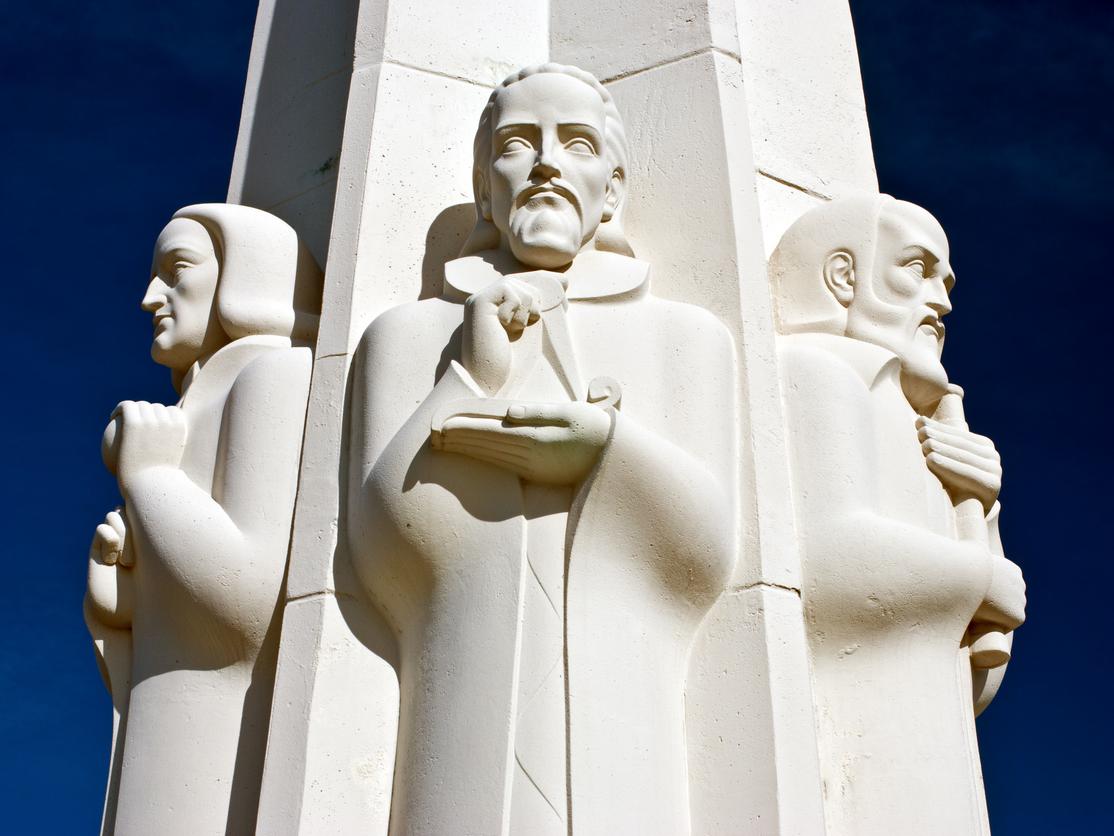When The State Sinks, Science Is The Anchor
As history has shown, political and ideological repression passes — but scientific knowledge remains, says astrophysicist Marcelo Gleiser.
by Marcelo Gleiser
Oct 26, 2017
4 minutes

As Europe was being torn apart in the early 17th century by conflicts between Catholics and Protestants — that would lead to the devastating Thirty Years War in 1618 — the German astronomer Johannes Kepler wrote:
"When the storm rages and the shipwreck of the state threatens, we can do nothing more worthy than to sink the anchor of our peaceful studies into the ground of eternity."
The state was crumbling under the chaotic leadership of the mad Holy Roman Emperor Rudolph II, while different religious factions vied for power. There was no trust, institutions were failing.
You’re reading a preview, subscribe to read more.
Start your free 30 days



